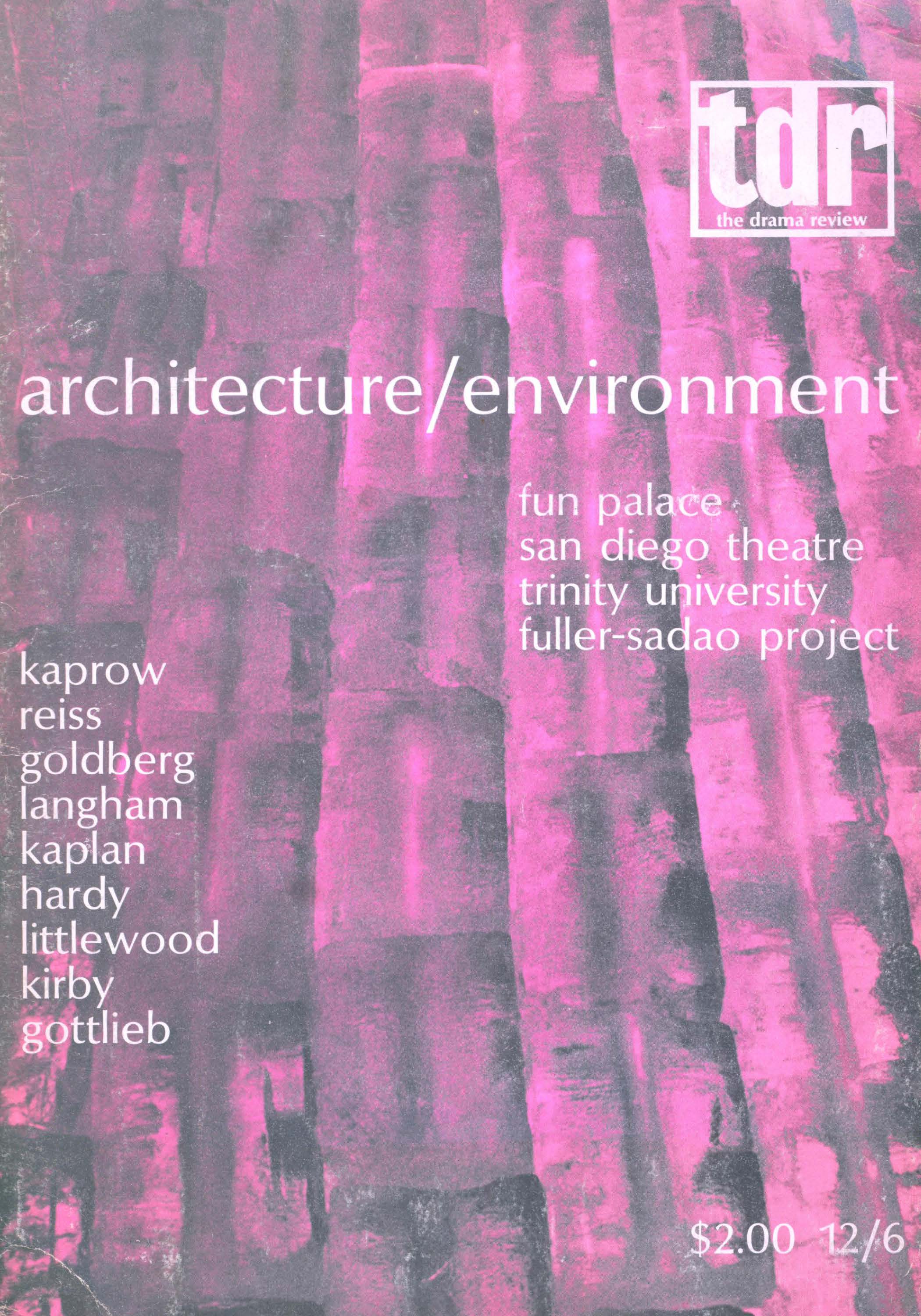Soviet Theater Censorship
Published online by Cambridge University Press: 07 December 2021
Extract
Stanislavsky once observed that “One theatrical production can tell you incomparably more about a foreign country than a whole series of lectures, libraries, books, or years of theoretical study.” This is particularly true in the Soviet Union today, where the theatre, in addition to its official role as a major tool of education and indoctrination, serves as an increasingly important outlet for the expression of ideas and the airing of dissatisfactions still largely excluded from the printed page.
And given the present social and political climate, it surely is no coincidence that one of the major unofficial themes in the Soviet theatre today is that of censorship and freedom of expression. As the chant goes in Yuri Lyubimov's production Under the Skin of the Statue of Liberty (see T57), “If only three minutes of truth! If only three minutes of truth!” Although sung by a chorus of American students, the message's real target is hardly lost on those sitting in the audience at the Taganka Theatre in Moscow.
- Type
- Research Article
- Information
- Copyright
- Copyright © 1975 The Drama Review
Footnotes
The title photograph is from Tomorrow's Weather, currently in repertory at the Contemporary Theatre in Moscow. The 500,000th car comes off the assembly line at a plant built by Fiat at Togliati on the Volga.
- 1
- Cited by




